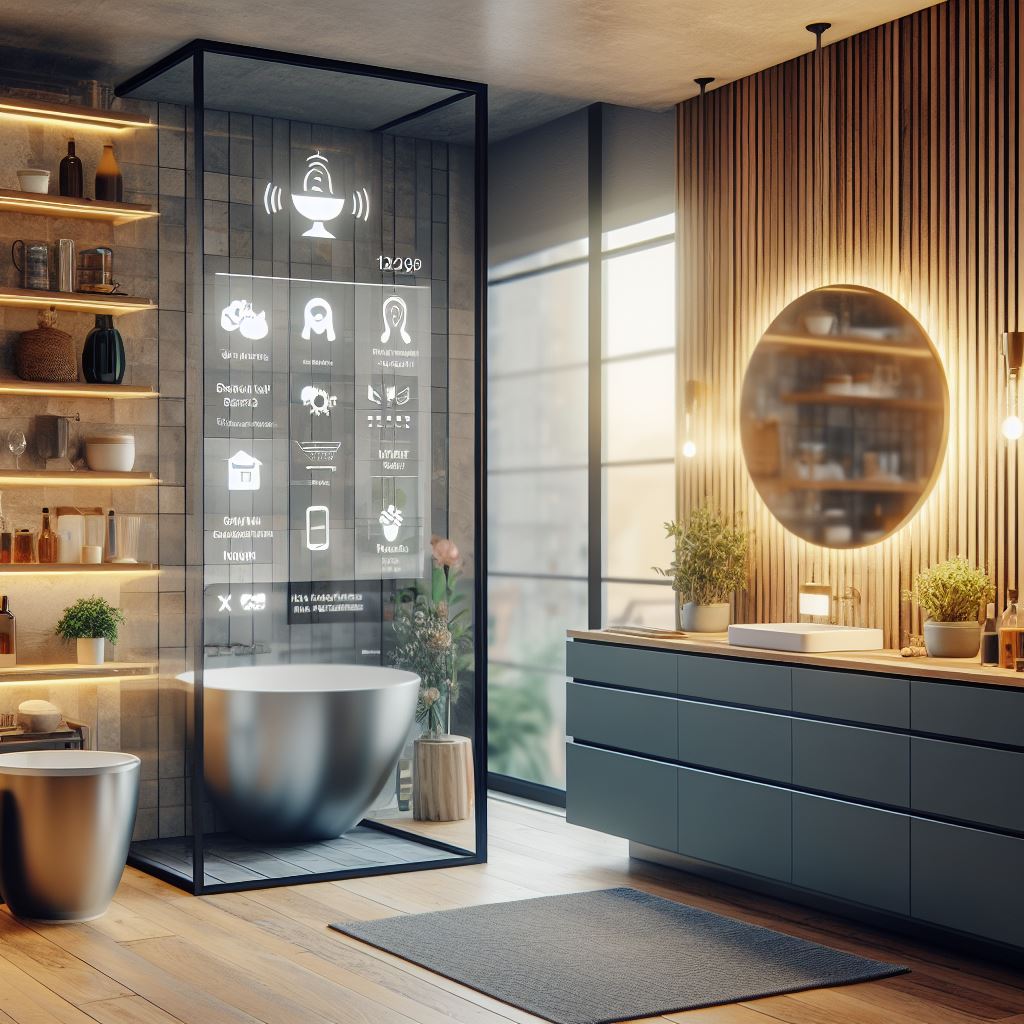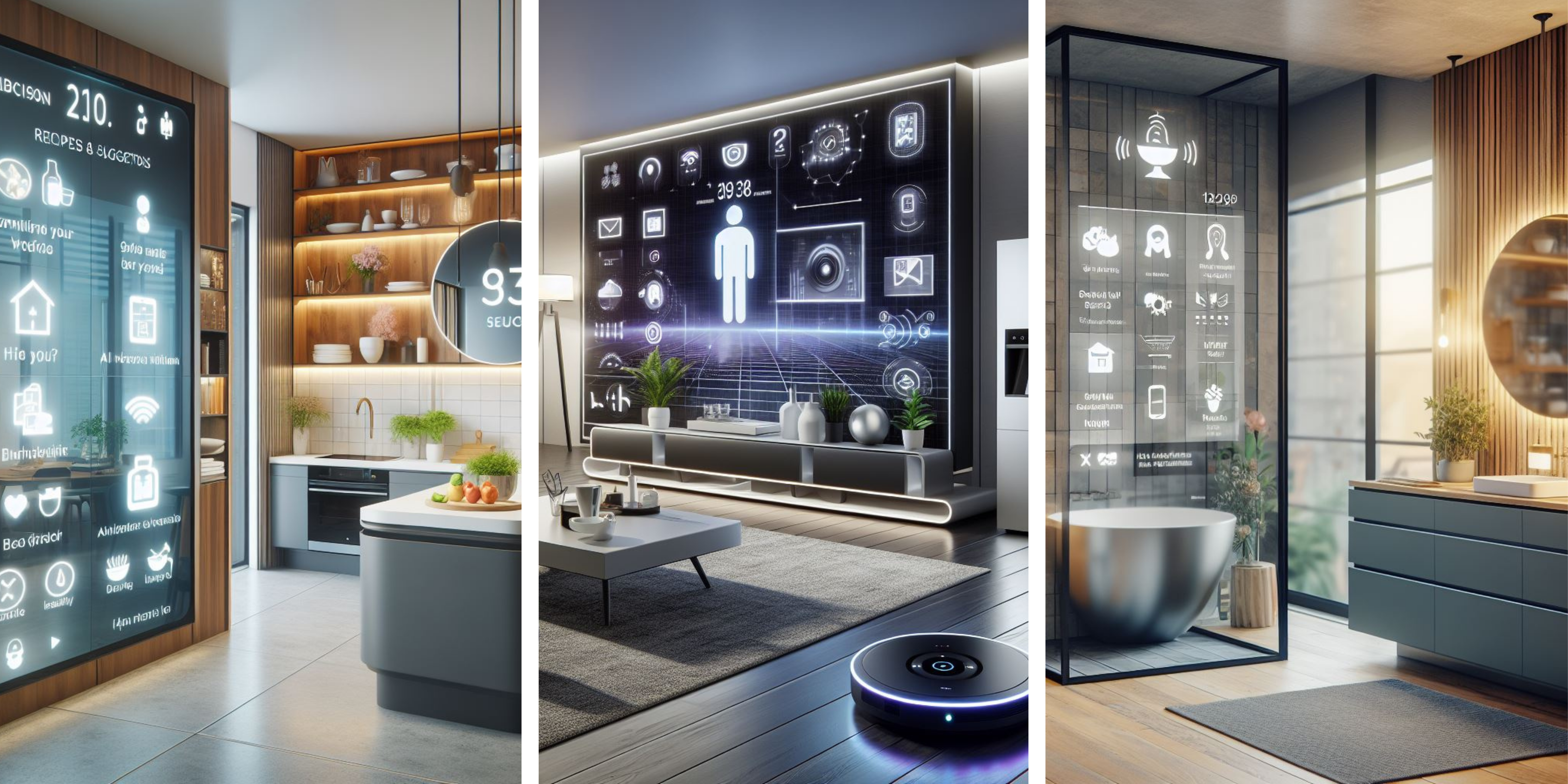Kitchens that think, bathrooms that respond…
World Future Day gives us the opportunity to reflect on how artificial intelligence is radically transforming the way we live and interact with our home environments. In an increasingly interconnected and technologically advanced global environment, our homes are at the forefront of a technological revolution that redefines the way we live and engage with our domestic surroundings.
Technology is here to stay, and the combination of artificial intelligence and the Internet has transformed the automation of our homes, giving rise to what we know as advanced home automation. This involves the integration of smart devices in the home, providing not only greater comfort and security but also significant energy savings. One notable example is lighting control, although there are numerous intelligent systems that allow the automation of various tasks in our homes, from voice assistants to task automation.

Smart Lighting: Beyond On and Off
AI-driven smart lighting goes beyond the simple act of turning lights on and off. Today, we can already speak of intelligent algorithms that adjust the intensity and tones of light according to our preferences in each space and moment, creating environments that automatically adapt to the needs of our homes. Artificial Intelligence not only recognizes our usage routines and preferences but also anticipates our needs, transforming the home into a comfortable, attractive, and energy-efficient environment.
Automated Climate Control: Comfort and Efficiency Combined
The combination of temperature sensors and AI’s learning capabilities paves the way for intelligent climate control in our homes. This AI-powered climate control redefines the comfort of our homes with innovative thermostats that learn our temperature preferences, automatically adjusting them to our spaces to maximize energy efficiency. This automation not only ensures greater well-being but also contributes to reducing costs in electricity and gas bills while promoting environmental sustainability.
Smart Security: Continuous Surveillance
Facial recognition surveillance cameras, motion sensors, and smart locks are some of the preventive measures adopted in smart homes. The integration of these measures with AI allows for continuous surveillance, automated decision-making, the sending of intelligent alerts, or the application of automated preventive measures, such as locking doors or activating alarms in risky situations, to ensure home tranquillity.
On World Future Day, we reflect on the revolution that intelligence brings and how it is reshaping our homes, offering us comfort, security, and energy efficiency. The integration of AI into advanced home automation is transforming the way we live, from intelligent lighting that adapts to our preferences to automated climate control that maximizes efficiency. AI understands our routines, anticipates our needs, and turns our homes into comfortable, energy-efficient, and secure spaces.

